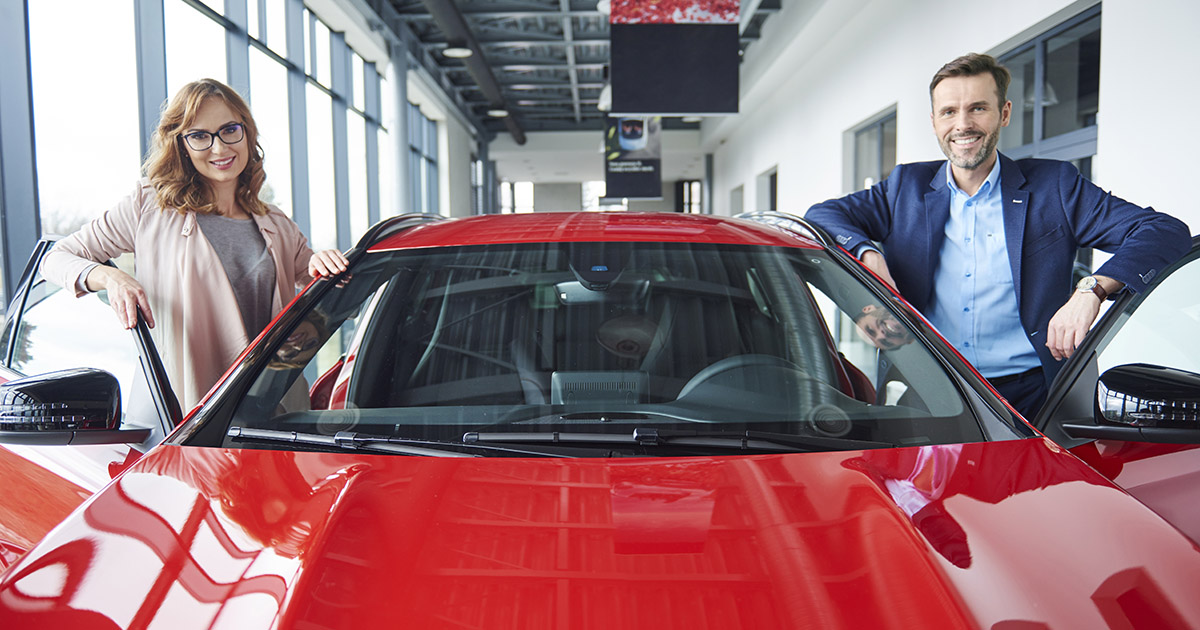Getting a used car is a big investment, and a plan can help you feel confident as you go through the process. You can make sure you get the most for your money and avoid possible problems by following these steps.
Making a budget
You need to set a budget before you go shopping for a used car. Think about more than just the buying price. Think about things like insurance, taxes, and upkeep. Setting a budget ahead of time will help you narrow down your choices and stay within your budget.
3. Do research
Once you know how much you can spend, you can start looking into different brands and types. Look for cars that are in your price range and have the features, size, and gas mileage that you need. See how reliable it is rated and read what other buyers have said to get an idea of what to expect.
4. Checking the Outside
First, look at the outside of the used car to see if there are any signs of damage or rust. Look for dents, scratches, or paint that doesn’t match. These could be signs of accidents or bad maintenance in the past. Also, pay attention to how the tires and wheels look.
5. Checking out the inside
Next, look more closely at what’s inside the car. Look for damage like tears or spots on the seats, cracks in the dashboard, or trim pieces that are coming off. Make sure the technology and features are working right by testing them.
6. Take a test drive
As you shop for a car, the test drive is one of the most important steps. Make sure you pay attention as you drive the car around the block. Pay attention to any strange sounds coming from the engine, transmission, or suspension. Check the steering and brakes to make sure they work.
7. Report on the vehicle’s past
Make sure you get a vehicle history report before you make a final choice. This report will tell you a lot about the car’s history, like if it was in an accident or needed big repairs. You can use it to help you decide if you want to go ahead with the buy or not.
8. Checking the mechanics
Along with the vehicle history record, it’s a good idea to have a reputable mechanic look over the car. A professional inspection can find problems that are hidden and might not be obvious from a visual exam. Check for any signs of trouble in the engine, transmission, brakes, and steering.
9. Making a deal
After you’ve done the tests and checks, it’s time to talk about the price. Get ready to bargain with the seller, and don’t be afraid to leave if you can’t get a good deal. Don’t feel like you have to settle for less than you earn. There are many other used cars out there.
10. Putting the deal together
Before you sign the papers, make sure you read them all carefully and that everything is written down. Read the sale’s terms again, and make sure you understand any promises or guarantees that may be included. After making sure everything is okay, you can sign the papers and drive off in your brand-new car.
11. Things to Think About After You Buy
There are a few last things you need to do after buying a used car. As soon as possible, make sure to change the title and registration to your name. Making sure you have protection before you hit the road is important.
12. Plan for maintenance
Making a maintenance plan for your used car is important to keep it working well. To make sure your car runs at its best, schedule regular oil changes, tire rotations, and other routine maintenance jobs. Make sure you include these costs in your budget so you don’t get caught off guard later on.
13. Choices for warranties
For extra peace of mind, you might want to buy an additional warranty. There may not be as many promises on used cars as there are on new ones, but there are still ways to protect your investment. Check out a number of warranty plans and pick the one that best fits your wants and budget.
14. Some extra tips
Finally, here are some more things you should think about when you buy a used car:
If you want extra reliability and peace of mind, look into certified pre-owned choices.
When you see deals that seem too good to be true, be careful. They might have problems or risks that you don’t know about.
15. In the end
In conclusion, if you do your research and make a list, getting a used car can be a fun and rewarding experience. You can be sure to make a smart choice that you’ll be happy with for years to come if you follow these steps.
FAQs:
How important is it to know how much you can spend on a used car?
A: Making a budget helps you choose a car without spending too much money on one you can’t afford.
Why is it important to get a report on a car’s history?
A: A vehicle history report tells you a lot about a car’s past, like if it was in an accident or needed big repairs.
Should I have a mechanic look over a used car before I buy it?
A: Yes, a professional inspection can find problems that don’t show up during a visual exam or test drive.
What should I check out on the test drive?
A: Pay attention to how the car moves, listen for any strange sounds, and make sure the brakes and steering work properly.
How do I talk down the price of a used car?
Q: Are you ready to bargain with the seller? If you’re not getting the deal you want, don’t be afraid to leave.



